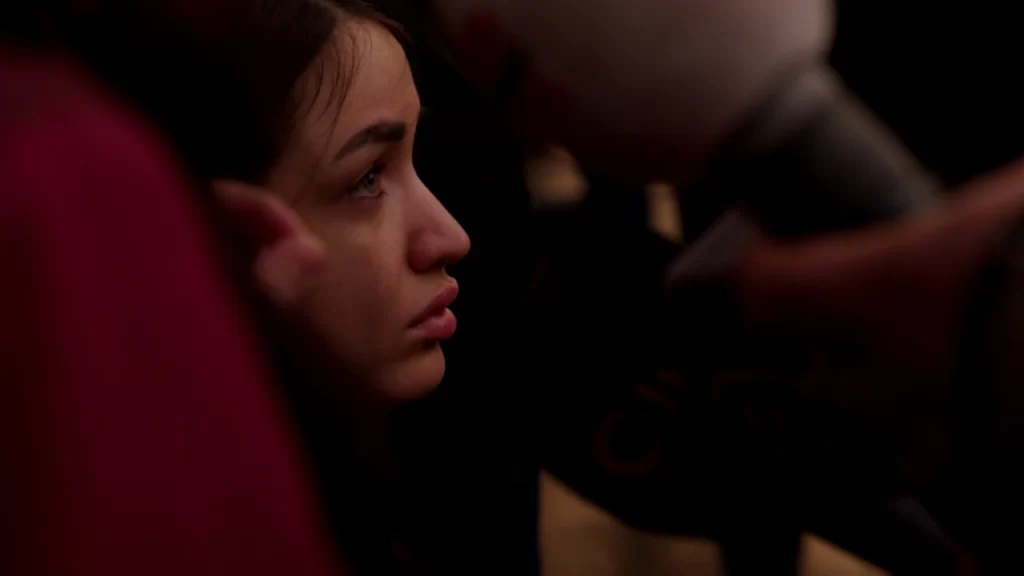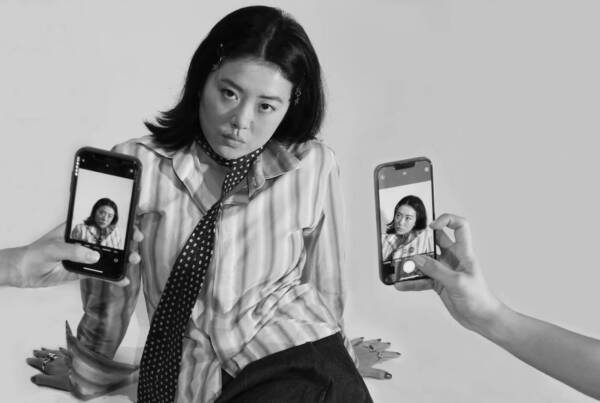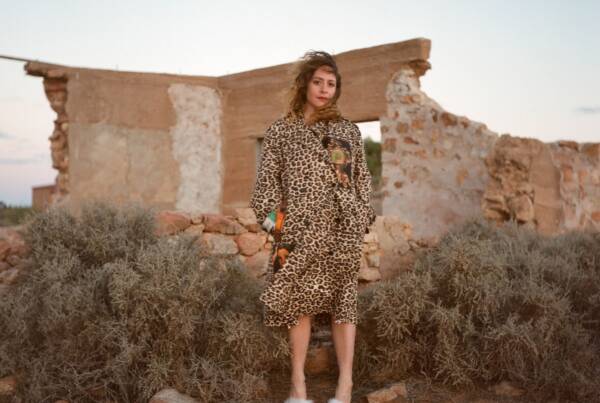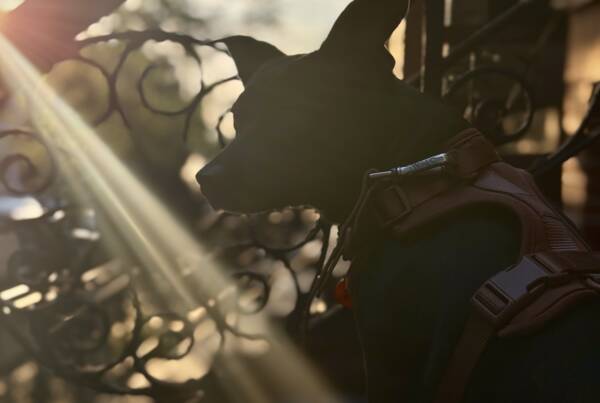Review by Leila Lois
At the time of writing this review, it was the one year anniversary of Jina (Masha) Amini’s death, who was brutally killed by the Iranian ‘morality police’, sparking mass protests in Tehran. This single event has raised the cause for feminist revolution against such patriarchal leadership. It is a very good time to reflect how far this revolution has come and how far we need to go to protect Kurdish women’s bodies from femicide across the region.
 You might be forgiven for thinking that a film with the title ‘My Name is Happy’ would be a light and easy viewing experience, but the title is misleading. Levity is not the overall timbre of this documentary, following the struggles of a talented young singer in South East Turkey, Mutlu, her name meaning ‘happy’ in her native language, Kurdish.
You might be forgiven for thinking that a film with the title ‘My Name is Happy’ would be a light and easy viewing experience, but the title is misleading. Levity is not the overall timbre of this documentary, following the struggles of a talented young singer in South East Turkey, Mutlu, her name meaning ‘happy’ in her native language, Kurdish.
Much is made of the significance of her name’s meaning in the opening scenes. We watch as Mutlu sits on a bus, the moody beauty of the mountains rushing by, cutting to a closeup of her in a chair, her beautiful misty grey eyes staring solemnly into the distance, singing mournful Kurdish songs about love and loss. We know that she is a young singing prodigy, yet there is something especially melancholic in her gaze. As I had not read the synopsis of the film before viewing, I only had a vague notion of some kind of some kind of tragedy behind this, being of Kurdish origin, we have endured the worst kind of oppression for hundreds of years at the hands of patriarchal and racist governments in the region. We have been denied sovereignty across the four countries we are indigenous to: Syria, Turkey, Iran and Iraq. We have had our language banned, our customs punished and forced to exile from the region. But this film shows a reality for the Kurdish women of Turkey that is worse than I imagined.
The tragedy of Mutlu’s life story is intense. Her personal narrative uncovers the too little exposed prevalence of femicide in Turkey, enacted overwhelmingly against Kurdish women. In this story, the young protagonist is brutally attacked and shot in the head by a jilted young man jealous of the attention she is getting from her growing musical career. Turkey is ruled by a deeply patriarchal and racist government and as such, these acts of violence against Kurdish women often go unpunished.
“After a while, I made peace with the bullet,” Mutlu can be heard in voice over, as she does rehabilitation with her singing teacher, after the shooting. “It didn’t want to be in my brain either… now I have to find a way to live with it.” Films like this show heart-wrenching and turgid injustice, where patriarchy and racism persist, world leaders turning a blind eye and much of the victims hidden. The resilience and determination of Mutlu and her family is astonishing. Tears stream down her sister’s face in this scene at her music therapist’s office, as she sings an old song about the Kurdish mountains that she remembers despite the severe brain damage she endured after that shooting.
This is a true documentary of resistance, fighting to find the joy and the beauty in the most abject situation. And somehow, despite the grisly reality of the situation, finds it, while carrying a heavier message of justice. The camera returns to Mutlu sitting in her lounge room chair, looking out the window as her voiceover tells us the attacker only received a fifteen year sentence for his attempted murder. “He will be free within fifteen years,” she says, “while I will still be here sitting in this chair.”
Moments of tragedy like these are followed by joyful montages: her sunny countenance and joy are visible as she is learning to sing again. There is footage of a Kurdish wedding, the women adorned in sparkly jackets and colourful dresses, dancing in slow motion, rose petals raining down through the air. Yet even in these moments, the closeness of violence and tragedy is felt; a man pulls a gun out of his wedding jacket and shoots into the air.
Even though Mutlu narrowly escaped death, she is surrounded by other victims of femicide. Her sister and neighbour are murdered by their male partners around her. Mutlu bravely creates a protest song on Tiktok against the persistence and silencing of femicide in Turkey and has millions of followers. Her valour, after all she has endured, is inspirational, and adds optimism to this story of despair.
“I just want to love and be loved. It is a human thing”, Mutlu says, and we really feel the pathos of the film. Authentic, tear-jerking dialogue and voice over, as well as the haunting soundtrack of Mutlu’s voice combines with rich imagery of Kurdish culture, the women bold and courageous in their garments and long hair, standing up to one of the most patriarchal and racist regimes that exist and demanding of the whole world to listen.
If you are inspired to help Kurdish women suffering persecution and displacement, The Lotus Flower is a grass-roots, women-run collective offering help. You can donate here.
The Author saw this film at DocEdge film festival, announcements of screenings and streaming options for the film can be found here.






